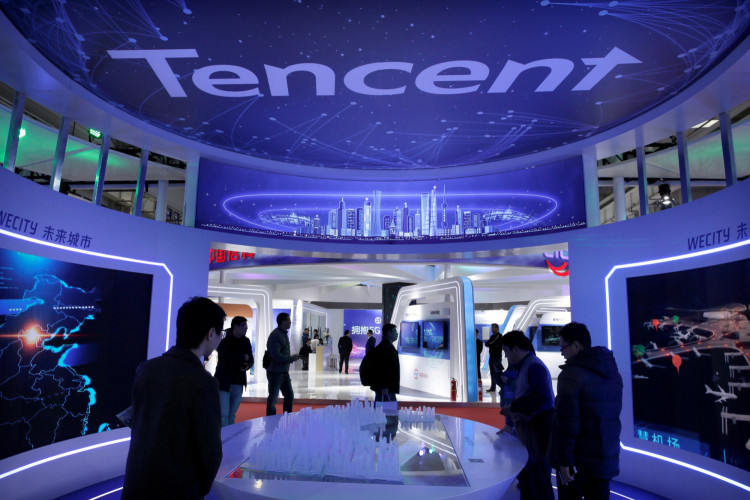Chinese conglomerate Tencent Holdings unveiled its new strategic investment plan for the city of Wuhan, the global epicenter of the coronavirus outbreak. The announcement comes after the city had lifted its months-long lockdown and restrictions as it slowly tries to get economic activity back to normal.
According to the company, it will be pushing ahead with the establishment of the headquarters for its subsidiary Tencent Digital Industry in Wuhan. The company will mainly be focusing on providing digital services for government applications as well as offer smart city solutions to aid in the city's economic development.
Tencent plans to work with the local government to help it digitalize its administration processes. The company will utilize its available resources, such as its cloud computing business to further enhance the city's operations. According to the general manager of the Hubei branch of Tencent Cloud, Wu Xuelai, the strategy will be implemented in incremental steps that he hopes would be completed by 2023.
Apart from the new company headquarters, Tencent also committed to using its substantial resources to invest in areas such as online education, artificial intelligence technologies, and smart transportation. Through its investments, the company aims to increase its workforce in Wuhan by as much as 4,000 over the next three years.
For its smart education initiative, Tencent plans to put up a smart education base in the city. The facility will be utilized for the company's online education platform, while at the same time act as an offline experience center.
For its smart transportation initiative, the company plans to establish a smart transportation base that is aimed at fostering local talents to aid in the enhancement of related technologies. Tencent stated that it will be working with Dongfeng Motor Group to achieve its goals in Wuhan.
Finally, Tencent announced that it will be establishing a new artificial intelligence lab in the city under its cloud computing arm Tencent Cloud. In conjunction, Tencent will also set up a new cybersecurity academy that will provide participants with the tools and knowledge to become successful in the field.
The Chinese firm hopes that the talent and technology it produces through its initiatives in Wuhan will push its goals further forward, while at the same time aid in the city's recovery and further development.
During the height of the pandemic, Tencent was instrumental in helping residents from Wuhan and other affected regions in surviving the crisis. The company had established a global pandemic fund, which had managed t raise more than $100 million. Tencent used the fund to provide medical supplies and essential goods to families affected by the health and economic crisis.






